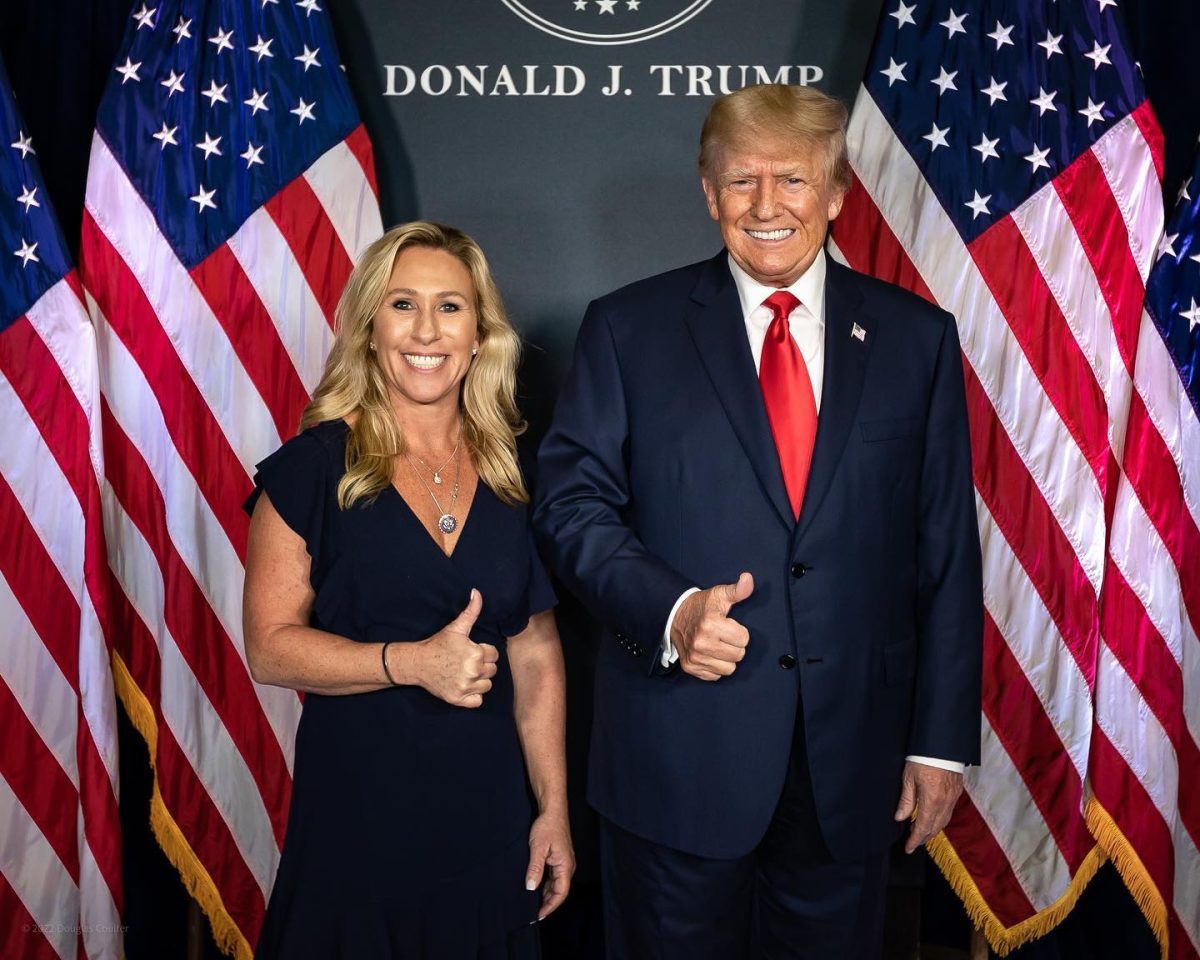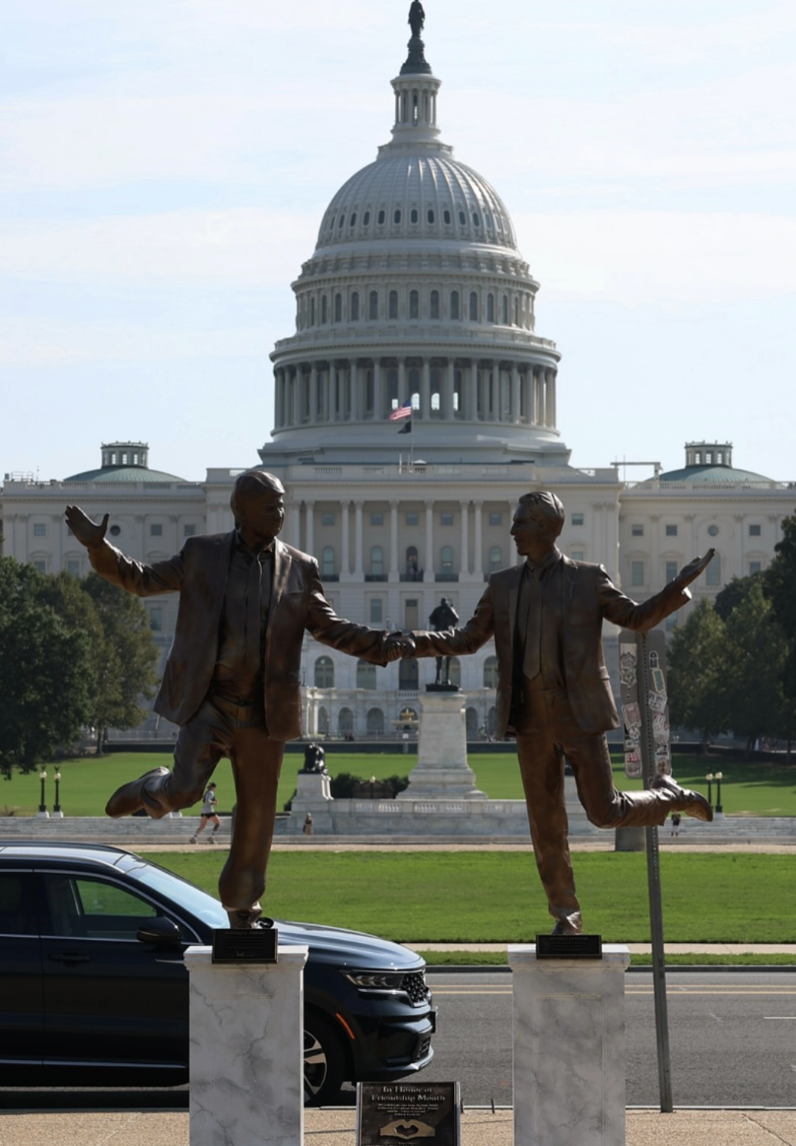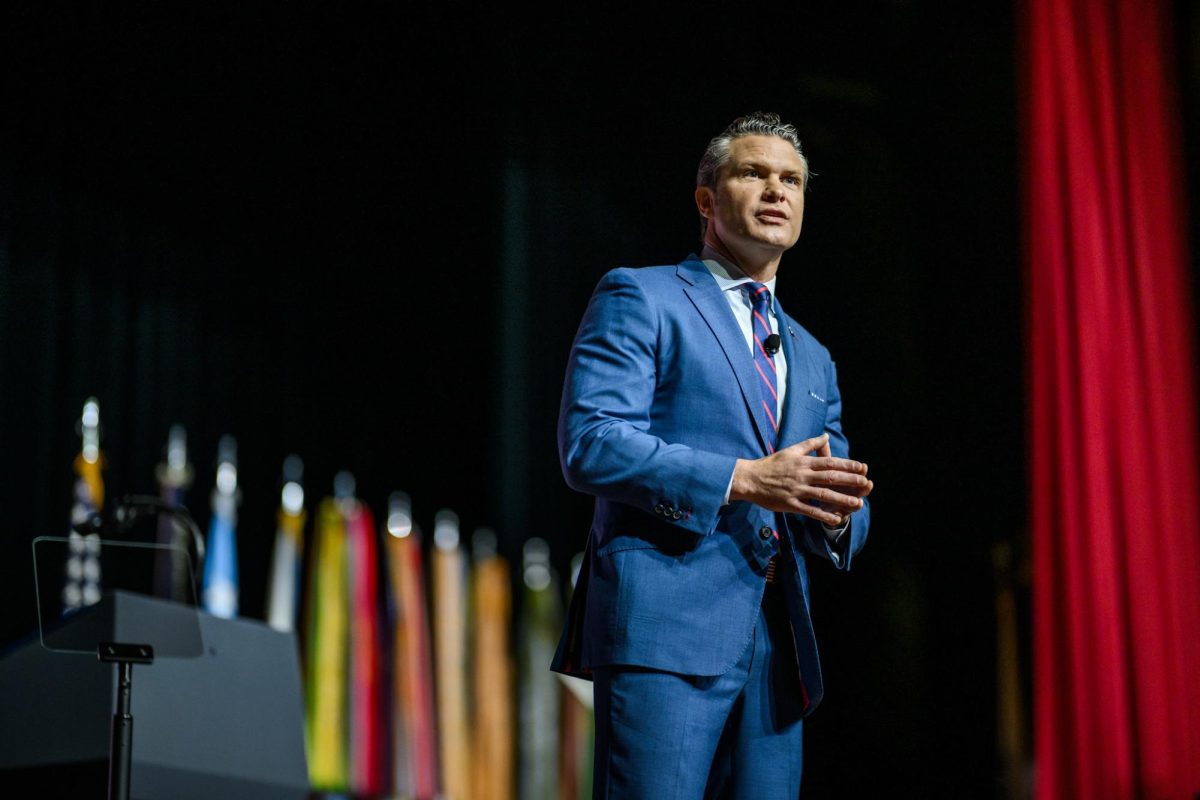On January 7th of 2023, California Representative Kevin McCarthy became the speaker of the House of Representatives, winning against New York Representative Hakeem Jeffries. After one of the United States’s historically longest elections for speaker, McCarthy finally won in a 216 to 212 vote after a total of 15 ballots. As some Republicans from the Freedom Caucus, a group of right-winged representatives, had originally disfavored McCarthy, they ultimately changed their minds after a certain meeting was held. McCarthy and these members of the caucus crafted a political deal that would allow him to be voted as speaker but also made certain concessions to members of the caucus: a rule to grant Freedom Caucus members three seats on the Rules Committee and, more importantly, to allow one House member to introduce a vote to remove the speaker. Out of his desire to take the position, McCarthy agreed to these concessions, which eventually led to a landmark event in the course of the United States’s history: the first time ever the speaker of the House of Representatives was removed from their position.
In early October, fellow Republican and Florida Representative Matt Gaetz set the motion to oust McCarthy from his position, ultimately leading to the historical moment. Within the four days of deciding whether to remove McCarthy, there had been a meeting with the Democrats planned, in which they were going to agree to support McCarthy and vote to keep him in his place.
If McCarthy originally had the support of his opposing party, then why did he completely lose their votes in the remaining days before the official decision was made? It all started on October 1st, when McCarthy went on Face the Nation with its current moderator Margaret Brennan to discuss the 45-day funding bill, Gaetz’s claims about ousting him, and his plan to aid Ukraine. Throughout the interview, McCarthy thought it would be best to repeatedly emphasize that “the Senate has done nothing,” specifically when talking about the appropriation bill, along with all the other bills he claims the Senate has not passed.
After spending most of the interview speaking poorly about the Democrats, McCarthy did not end up gaining support from them whatsoever. This can best be seen from the results of the day he was ousted, in which the people who were in favor of his removal included the majority of the Democratic Party and eight members from his own fractured party. When asked in an interview about whether the U.S. is more divided than ever before, History Department Chair Jessica Kapadia stated that “the fact that the speaker has never been ousted before is an example that we are very divided and willing to be more drastic.
With the speaker of the House currently vacant, Congress has been in a state of paralysis. Until the House of Representatives can officially replace the vacancy, North Carolina Representative Patrick McHenry has been designated as the placeholder for this role.
Besides delaying funding the government to avert a shutdown, Congress has not been able to govern properly and take action because of the empty seat, specifically by not funding aid for Ukraine and making decisions in regard to the Israel-Hamas War. When asked about how the vacant position is impacting the government, Kapadia stated, “Ousting our own speaker sends a message of instability, and that is dangerous from an American perspective, given that the United States has historically asserted itself in world affairs very powerfully. Whether it has been positive or negative, right or wrong, that has traditionally been America’s doings, especially its relationship with NATO.” Kapadia further explained that this is not the first time that America has not been stable and that it is crucial for America to look balanced as a nation. With that, the position needs to be filled very quickly, as it is important for the government to return to its own matters, as well as to keep up with the ongoing international affairs.
Ever since McCarthy’s removal and his statement about not running for speaker again, there had been a race between Ohio Representative Jim Jordan and Louisiana Representative Steve Scalise to occupy the position of speaker. However, on October 20th, the Republicans, once again, decided to go against their own by dropping Jordan as their nominee for the role, leaving them back to square one. After three rounds of voting, Jordan did not have the majority. Meanwhile, the Democratic Party’s nominee Hakeem Jeffries won most of the votes compared to the other candidates. However, this was not enough for him to win the gavel.
As Congress tries to continue moving forward with finding a new speaker, there is still hope that the two opposing parties can not only collaborate with their own members but also work together as one united legislature. In severe and sudden cases like these, we can only expect or predict so much with the given circumstances. With that, we can only hope that these situations can simply be solved. When asked about how we, as a republic, are going to get out of our current state, Kapadia explicitly stated, “We all have our values and things that matter to us based on our backgrounds, identities, experiences, political beliefs, and economic situations. The major thing we always try to teach in our history classes is about humanity and how that always has to come first. We can disagree over how to get there, but our actions have to reflect our care for humans first. As a country, we do and we want to, so there has to be some hope there.”








































